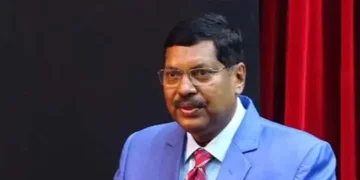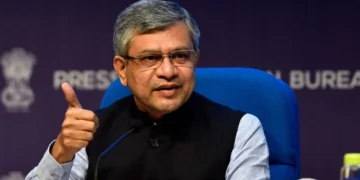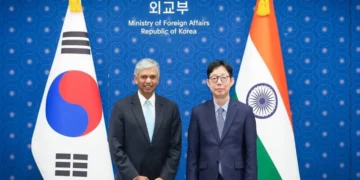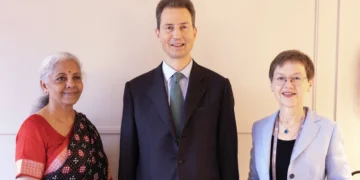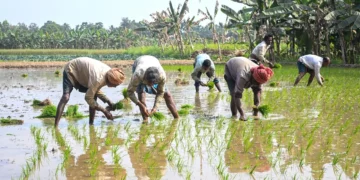Blitz Bureau
NEW DELHI: Chief Justice of India BR Gavai on November 16 stated in Amaravati that he still holds the view that the creamy layer should be excluded from reservations to the Scheduled Castes.
Delivering a keynote address on ‘India and the Living Indian Constitution at 75 Years’ at a programme organised by Andhra Pradesh High Court Advocates Association on the 75th anniversary of the Indian Constitution, he opined that the child of an IAS officer cannot be equated with the offspring of a poor agricultural labourer when it comes to reservations.
The Chief Justice also referred to last year’s judgment by a Bench of seven judges on the sub-classification of Scheduled Castes (SCs).
“Last year, we sat in seven judge combination to consider the issue with regard to the issue of sub-classification. Out of seven, six of us took the view that a sub-classification was permissible if a state government finds that even among the Scheduled Castes, a certain sections of Scheduled Castes are not adequately represented and if it is found that only a particular section in SCs have taken the benefits of the reservation the state cannot be peculated of its right to provide special treatment to those who are unrepresented,” he said.
“I also went further and took a view that the concept of creamy layer, as has been found in the judgment of Indra Sawhney in so far as the other Backward Classes are concerned, should also be made applicable to the Scheduled Castes. Though my judgment has been widely criticised on that issue but I still hold that judges are not normally supposed to justify their judgments. I still have a week to go,” the CJI said.
Quoting Dr BR Ambedkar, he said equality without liberty will take away the incentive of a human being to excel in his life, and liberty alone would lead to supremacy of the powerful over the weaker. The trinity of equality, liberty and fraternity would be necessary to take the country forward in achieving social and economic justice. He said it is because of the Constitution, India had two Presidents from the Scheduled Castes, and also the incumbent is a woman from the Scheduled Tribe.
Asserting that the Indian Constitution is not static, Justice Gavai said Ambedkar always considered that it has to be evolving, organic, and a state-of-the-art living document, as Article 368 provides for the amendment of the Constitution. He said that while amendments necessary for addressing socio-economic challenges are easy, wherever the foundations of the Constitution, independence of the judiciary, federal structure or other important aspects of the Constitution are involved, powers to amend the Constitution are not simple.
